€1,116,411
COVID-19 Funding
€333,867
Sudden-Onset Emergencies
In 2020, we provided emergency funding and humanitarian assistance to 577,068 people through 116 projects in 31 countries implemented by 35 members. This is the largest commitment to emergency funding in the past five years.
Our members’ long-term presence, dedication and personal commitment to the communities they live in makes them very effective as first responders. In 2020, their deep understanding of local cultures and the trust built up over decades made it possible for members to respond swiftly and effectively to the onset of the COVID-19 pandemic and was also of great importance in challenging attitudes and dangerous myths relating to the virus and other health issues. For an overview of our members’ response to the COVID-19 pandemic, please see our highlight on pages 20 and 21 of this report.
Sudden-Onset emergencies in 2020
While the world will long remember the COVID-19 pandemic and the challenges it brought about, many other emergencies occurred around the world in 2020. Our members responded to sudden-onset emergencies including Cyclones Amphan
and Nivar in India, flooding in Kenya, the Taal Volcano eruption in the Philippines, food insecurity in South Sudan and Zambia, the needs of displaced people in Mozambique and Burkina Faso, and the port explosion in Beirut. All told in 2020, 11 members implemented 23 projects, responding to the immediate needs
of vulnerable people in nine countries, directly reaching
69,791 people.



Delivering emergency supplies to flood affected villages
in Kenya
At the end of 2019 and into 2020, heavy rains and mudslides caused major havoc for Kawese and Mutyambua villages in south eastern Kenya.
For over 500 people in Kawese, flash flooding and bursting riverbanks led to houses being submerged by flood waters. In Mutyambua, over 700 villagers fell victim to mudslides that destroyed their homes. In the aftermath, they were at risk from water borne diseases, prolonged hunger and exposure to the elements due to a lack of shelter. This was especially concerning for pregnant women, the elderly and very young, and those with disabilities.
The Spiritans received emergency funding to help the villages respond to the disaster. They knew that hunger would quickly become a problem and used funds to purchase and distribute food supplies including beans, sorghum flour, maize flour and cooking oil. Other essential items such as clean drinking water, blankets, and mosquito nets were also supplied to the villagers. This critical food and material assistance also helped free up time for the villagers to rebuild their homes by alleviating the need to return immediately to work.
During distribution of the aid, the project team was at first unable to access the villages due to impassable roads A tractor was used to navigate the muddy roadways to get food and the other items closer to households. The likelihood of future floods and mudslides in the area is high, so to help the villagers prepare for and hopefully offset future emergencies, the Spiritans shared information about the need for timely clearing of water drainage systems and the importance of building and repairing the dykes around residential areas before the rainy seasons. By draining flood waters, the villagers could further reduce potential illness and death due to waterborne diseases. With mudslides also a persistent risk, villagers were further cautioned on the danger of settling on high-risk areas such as hill slopes.

